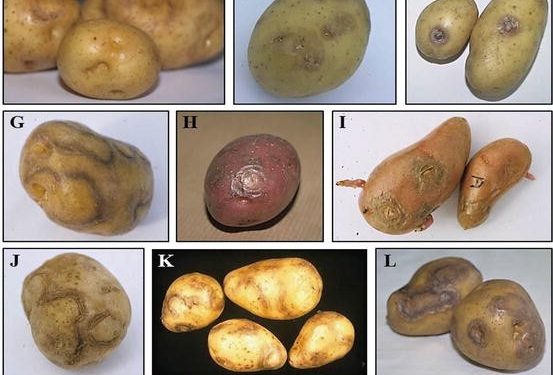Potato virus F (PVF) is a significant threat to potato production, causing yield losses and reducing the quality of potato crops. In this article, we will explore the latest data on PVF, its symptoms, transmission, and management strategies.
Recent studies suggest that PVF is one of the most prevalent viruses affecting potato crops worldwide, and its impact on yield and quality can be severe. The virus is primarily spread through aphids, and once infected, the plants may exhibit symptoms such as yellowing, stunting, and distorted leaves, which can lead to reduced yield and crop losses.
Effective management of PVF involves implementing preventative measures such as using certified disease-free seed potatoes and ensuring proper sanitation of equipment and storage facilities. Other management strategies include the use of insecticides and crop rotation, which can reduce the incidence of PVF.
It is crucial for farmers, agronomists, agricultural engineers, and scientists to remain updated on the latest information regarding PVF and its management strategies to protect their potato crops and ensure sustainable potato production.
In conclusion, the impact of PVF on potato production is a significant concern for the agricultural industry. By implementing preventive measures and utilizing effective management strategies, farmers can mitigate the impact of PVF on their potato crops and ensure sustainable potato production.
#PotatoVirusF #PVF #PotatoProduction #Agriculture #CropManagement #CertifiedSeedPotatoes #Sanitation #Insecticides #SustainableAgriculture #CropRotation







